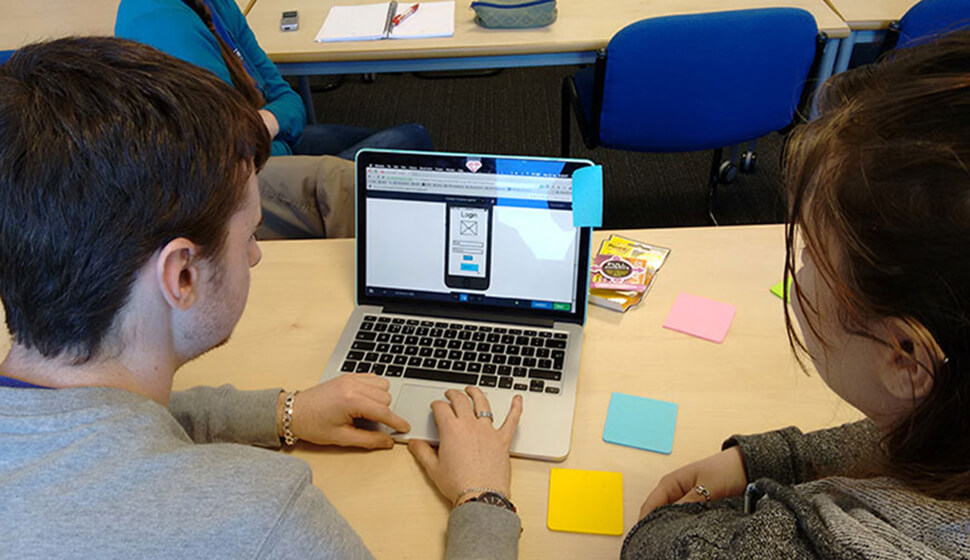In C++, polymorphism refers to the ability of objects of different classes to respond to the same method call in different ways. There are two main types of polymorphism in C++: compile-time polymorphism and runtime polymorphism.
Compile-time polymorphism, also known as static polymorphism, is implemented through function overloading and operator overloading. Function overloading allows multiple functions with the same name but different parameter lists to be defined in the same scope.
Runtime polymorphism, also known as dynamic polymorphism, is implemented through inheritance and virtual functions. Inheritance allows classes to inherit properties and behaviors from their base classes. Virtual functions allow derived classes to override the implementation of a base class method so that objects of the derived class can respond to the same method call in different ways. The actual implementation of a virtual function is determined at runtime based on the actual type of the object, not just the declared type.






